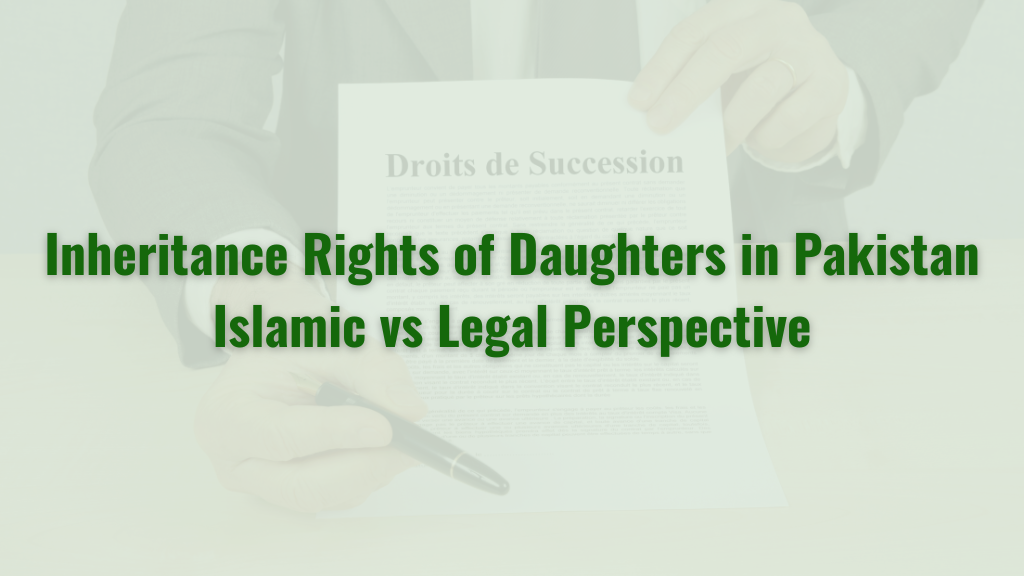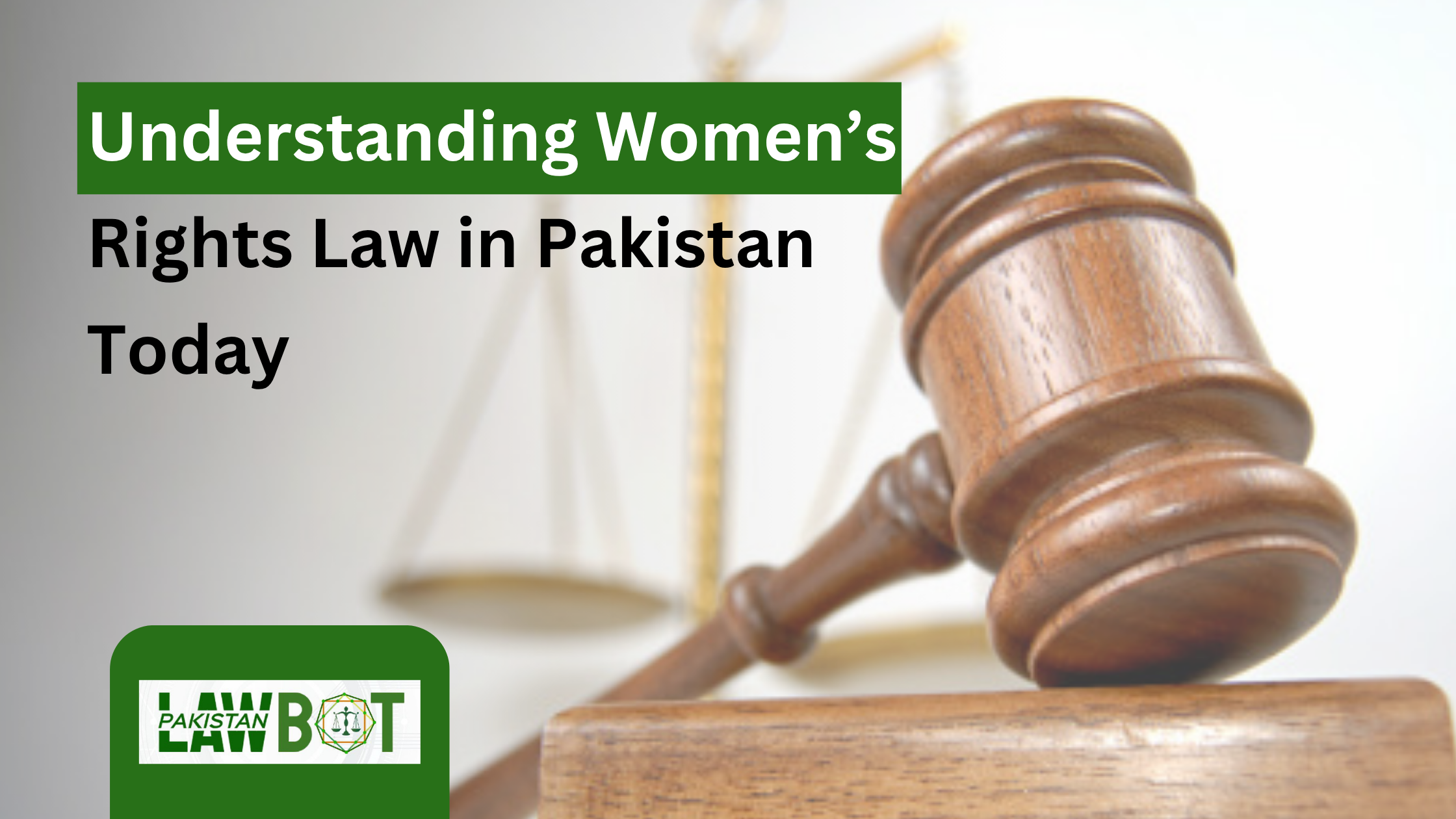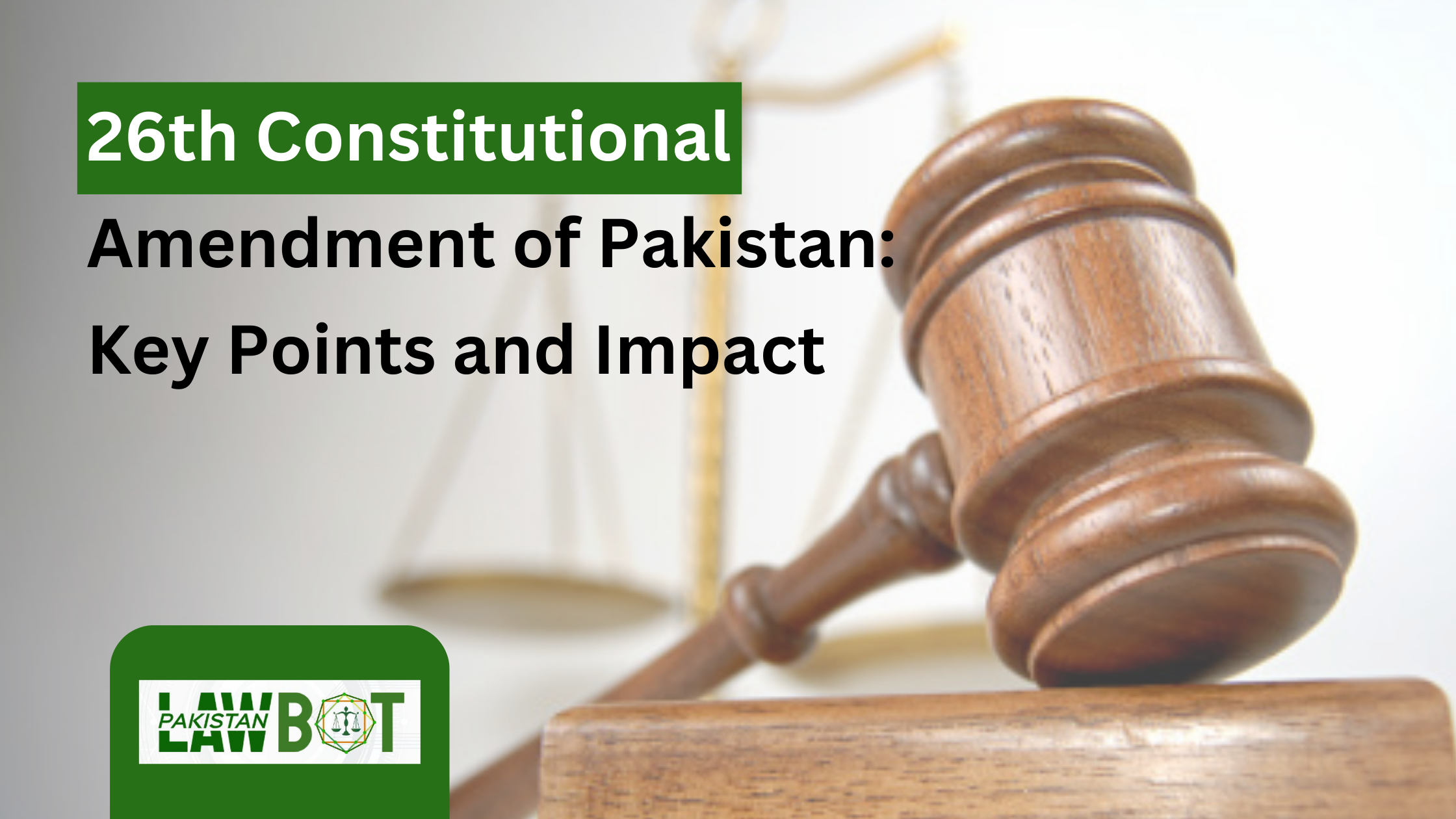Introduction
Inheritance rights in Pakistan are governed by a complex interplay of religious doctrines, statutory laws, and cultural practices. Among the most debated topics in this domain is the right of daughters to inherit property. While Islam provides explicit and equitable guidelines for female inheritance, implementation on the ground is often obstructed by societal norms and legal ambiguities. This article explores the inheritance rights of daughters in Pakistan from both Islamic and legal perspectives, highlighting the gaps between principle and practice.
Understanding Inheritance in Islam
Islamic Teachings on Inheritance
Islamic law, or Shariah, establishes a comprehensive and fair system of inheritance. The Quran clearly outlines the shares of each heir, including daughters. Surah An-Nisa (Chapter 4 of the Quran) is the primary source that defines inheritance shares. Specifically, verse 11 states:
“Allah commands you regarding your children: for the male, what is equal to the share of two females…” (Surah An-Nisa 4:11)
This verse ensures that daughters, though receiving half the share of sons, are not excluded or marginalized. Their right is divinely ordained and non-negotiable.
Rationale Behind Unequal Shares
The difference in shares is not based on gender inequality but on financial responsibility. In an Islamic society, men bear the financial burden of their families — including the wife, children, and sometimes extended relatives. Women, on the other hand, have no such obligations. Whatever a daughter inherits is solely hers, free from any claim by her husband or brothers.
Legal Framework for Inheritance in Pakistan
Laws Governing Inheritance
Pakistan’s legal system is a hybrid of Islamic principles and British common law. Inheritance matters among Muslims are primarily dealt with under:
-
The Muslim Personal Law (Shariat) Application Act, 1962
-
The West Pakistan Muslim Personal Law (Shariat) Application Act, 1962
-
Family Courts Act, 1964
These laws acknowledge Islamic inheritance rules and apply them to Muslims in Pakistan. Daughters are legally entitled to inherit property from their parents, both movable and immovable.
Registration and Legal Enforcement
To claim her share, a daughter may need to initiate a legal process if the property is contested. This includes:
-
Obtaining a legal heirship certificate
-
Filing a partition suit (if the property is undivided)
-
Mutation of property in revenue records
However, due to lack of awareness, social pressure, or fear of family disputes, many daughters do not assert their rights.
Challenges Faced by Daughters in Claiming Inheritance
Cultural Norms and Patriarchal Attitudes
Despite Islamic and legal rights, cultural practices often hinder daughters from receiving their rightful share. In many rural and urban families alike, daughters are either dissuaded from claiming inheritance or voluntarily relinquish their rights to maintain family harmony.
Hibba (Gift) and Manipulation of Property
It is not uncommon for parents to transfer property in the name of sons during their lifetime through Hibba (gifting), effectively bypassing daughters. While legally permissible, such practices can be exploitative and contrary to the Islamic spirit of fairness.
Lack of Legal Awareness
Many women in Pakistan are unaware of their rights or lack the resources to pursue them. Legal procedures can be daunting, expensive, and time-consuming, further discouraging rightful claims.
Judicial Developments and Government Initiatives
Supreme Court Verdicts
In recent years, Pakistan’s judiciary has taken a progressive stance. For example, in a landmark judgment in 2021, the Supreme Court declared that daughters cannot be deprived of their inheritance, even if they had earlier “forgiven” their share under pressure.
The court emphasized that Islamic law does not allow anyone to deprive an heir of their due share, and any forced or manipulated relinquishment is legally void.
Government Measures
The Punjab Land Records Authority (PLRA) and other provincial bodies have initiated digitization efforts to streamline property ownership records. These reforms aim to minimize manipulation and ensure transparency, which can indirectly support women in claiming inheritance.
Islamic Scholars’ Viewpoint
Consensus on Women’s Right to Inherit
Islamic scholars across all major schools of thought agree that denying inheritance to daughters is a sin and a violation of Islamic law. There is a growing movement within religious circles in Pakistan urging families to follow Shariah-based inheritance practices.
Fatwas and Awareness Campaigns
Various religious bodies have issued fatwas (religious decrees) reinforcing daughters’ rights to inherit. Awareness campaigns in mosques and Islamic seminars also promote the correct understanding of women’s rights in Islam.
Role of Civil Society and NGOs
Civil society organizations have played an essential role in advocating for women’s inheritance rights. They provide legal aid, conduct awareness sessions, and help navigate bureaucratic hurdles. Notable NGOs like Aurat Foundation and Legal Aid Society are active in this domain.
Recommendations for Ensuring Daughters Receive Their Inheritance
1. Family Awareness
Educating families about Islamic injunctions and legal obligations can reduce resistance. Families must be reminded that denying a daughter her inheritance is not just illegal — it’s a grave religious violation.
2. Documentation and Will-Writing
Writing a clear and Shariah-compliant will can help reduce disputes and ensure a fair distribution of assets after death. This should include property valuations, heir identification, and any special considerations.
3. Legal Reforms and Simplification
Simplifying the inheritance claim process and reducing legal costs can encourage more women to assert their rights. Fast-track family courts and digital systems can make a significant difference.
4. Media and Religious Outreach
TV programs, radio talks, and Friday sermons can serve as powerful tools to highlight daughters’ rights in inheritance. When combined with endorsements from religious authorities, these efforts can help shift public attitudes.
Conclusion
The inheritance rights of daughters in Pakistan sit at the intersection of divine law and man-made systems. While Islam grants women clear and dignified rights to property, societal norms and legal challenges continue to obstruct their path. Bridging the gap requires combined efforts from lawmakers, religious scholars, the judiciary, and civil society.
By promoting awareness, reforming legal structures, and fostering a cultural shift, Pakistan can align its practices with both its Islamic roots and its constitutional commitments — ensuring justice and dignity for every daughter.
Read more: How Islamic Law Shapes Pakistan’s Legal System
Source: Council of Islamic Ideology – Women’s Rights and Inheritance






